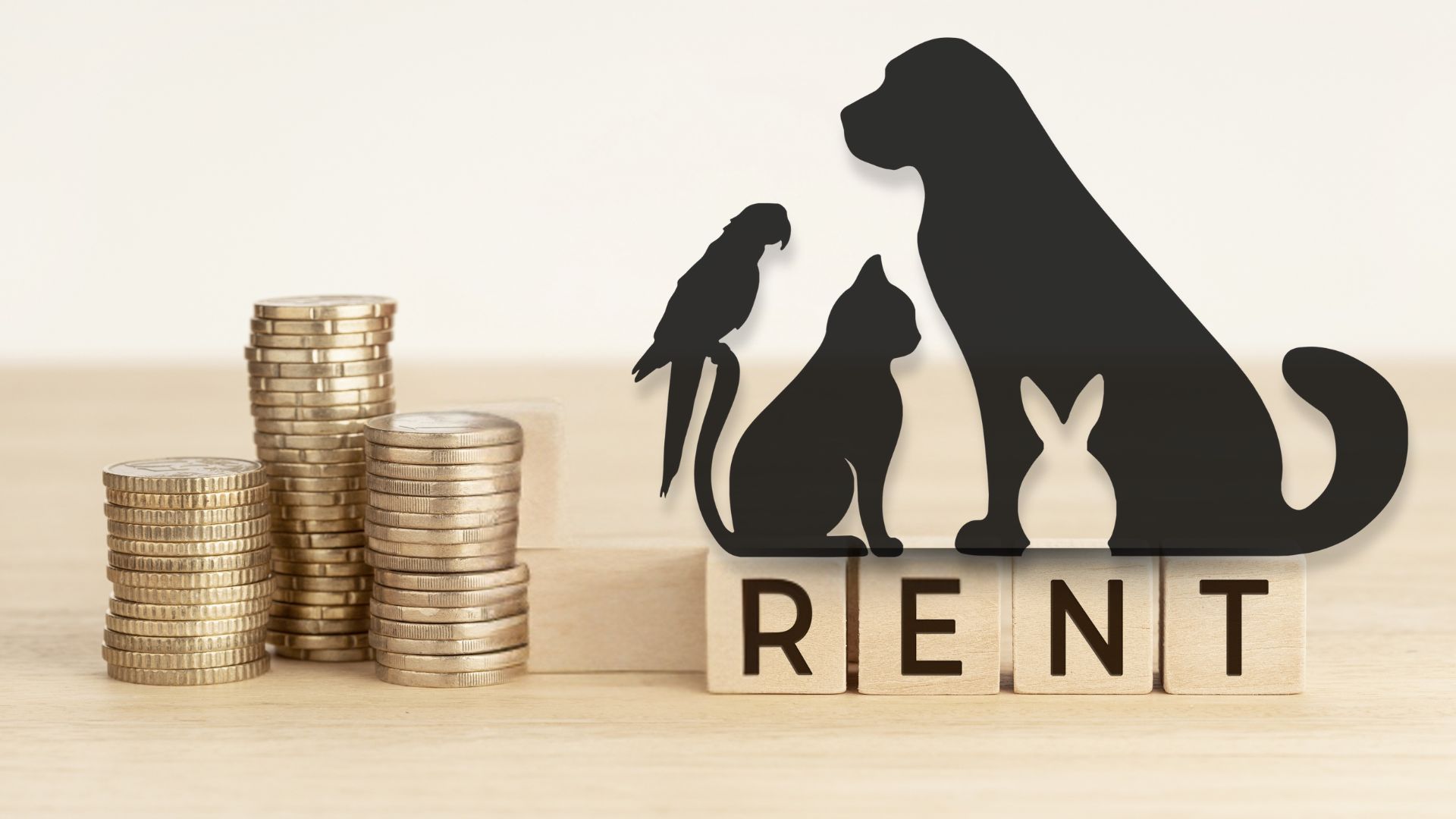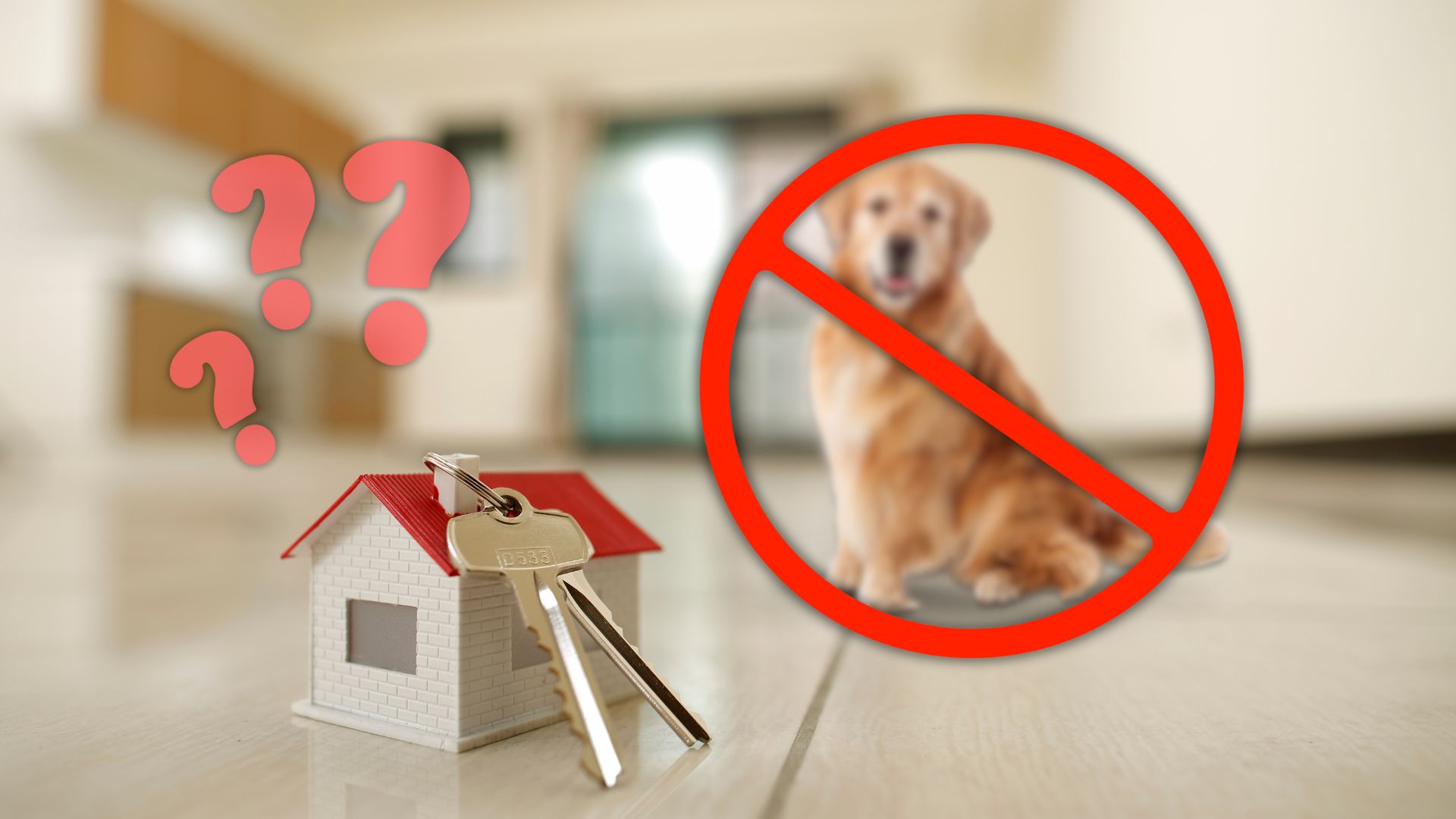Hawaii’s Bold Move to Protect Pet Owners
Hawaii is taking a significant step toward addressing the challenges pet owners face in securing rental housing. Senate Bill 416, currently making its way through the state legislature, seeks to prohibit landlords from banning pets in rental properties. The bill offers a compromise by requiring tenants to carry liability insurance to cover any damages caused by their pets. This legislation could transform how renters and landlords coexist, not only in Hawaii but across the nation.
What Does Senate Bill 416 Propose?
Senate Bill 416 aims to amend Hawaii’s landlord-tenant code by outlawing rental agreements that prohibit tenants from owning pets. However, there’s a catch—tenants would need to maintain liability insurance to cover personal or property damages caused by their animals.
The bill does come with exceptions. It wouldn’t override rules in condominium associations or planned communities that explicitly ban pets in their governing documents. By striking this balance, the bill seeks to give responsible pet owners more housing options while addressing the concerns of landlords who might be worried about potential damages.
The effort is a response to Hawaii’s long-standing challenge with pet overpopulation and the barriers that renters often face when trying to provide homes for their furry companions. If passed, the law would make a big difference for pet owners who struggle to find pet-friendly rentals—a situation that pet shelters and advocacy groups have repeatedly highlighted as a barrier to pet ownership.
Are There Similar Laws in Other States?
You might be wondering—have other states taken similar steps? A few states have addressed the issue, but not in the same way Hawaii proposes. For example, in California, landlords cannot charge a separate “pet rent” on top of normal monthly rates, but they’re still free to ban pets outright.
Oregon has taken an interesting approach by requiring that pet deposits be refundable, giving renters a bit more flexibility. Some cities, like Seattle and Denver, have broader pet-friendly housing programs designed to reduce restrictions and help renters with pets find homes.
However, a statewide measure similar to Hawaii’s bold Senate Bill 416 is relatively uncharted territory. By tying pet ownership to liability insurance, Hawaii’s legislators are crafting an innovative framework that could serve as a model for other states.
Could This Law Set a National Trend?
Hawaii’s proposed legislation has the potential to spark a wider conversation across the U.S. Advocates for pet-friendly housing policies have long emphasized that banning pets in rental units often leads to increased strain on animal shelters. When tenants struggle to find housing, pets are sometimes abandoned or surrendered, leaving shelters overwhelmed and animals without homes.
If other states follow Hawaii’s lead, the landscape for renters with pets could shift significantly. Liability insurance offers a middle ground by addressing landlords’ concerns about damages while giving families the chance to keep their pets. States with high urban rental populations, like New York, Texas, or Florida, may take note of Hawaii’s approach as they handle their own housing crises.
This change could also encourage further dialogue about the benefits of pet ownership. Studies consistently show that having pets can improve mental health, reduce stress, and foster a greater sense of community. Making pet-friendly housing more accessible could positively impact not just renters but entire communities.
What Does This Mean for Landlords and Tenants?
From a landlord’s perspective, enabling tenants to have pets while requiring insurance might seem like a reasonable compromise. It mitigates risks while still leaving room for landlords to enforce other pet-related guidelines, such as breed restrictions or size limitations.
For tenants, this bill represents a significant step toward breaking down the barriers that have long limited their housing options. Renters often have to choose between giving up their pets and securing a place to live. Senate Bill 416 acknowledges that many people view their pets as family members, not disposable possessions.
It’s a win for the animals themselves, too. Pet-friendly housing policies reduce the rates of pet abandonment, ensuring more animals live in stable, loving homes. And for pet-lovers reading this, it means fewer heartbreaking stories of families forced to give up their pets at overcrowded shelters.
Challenges and Questions Moving Forward
Of course, questions remain about how this law would play out. Will liability insurance be affordable for renters? How will landlords enforce insurance requirements, and could the law lead to unforeseen loopholes or challenges?
There’s also the potential for landlords to raise rents indirectly, citing the costs associated with allowing pets. These trade-offs will likely be part of ongoing discussions as the bill makes its way through the legislative process.
A Model for More Inclusive Housing
Hawaii’s Senate Bill 416 represents a thoughtful approach to resolving the often-contentious issue of pets in rental housing. By requiring liability insurance, the bill sets a responsible standard for pet ownership while ensuring that renters don’t have to give up their beloved animals to secure a home.
This legislation also sets a precedent that other states could follow. Just as fair housing practices have evolved to include protections against discrimination, a growing push for pet-friendly housing could be on the horizon. Whether you’re a renter, landlord, or simply a pet enthusiast, this bill serves as a reminder of the importance of fostering more inclusive and compassionate communities.
With a bit of creativity and compromise, housing policies could be reshaped to better accommodate pets and their families, reducing strain on shelters and ensuring that more people—and their companion animals—find a place to call home.


